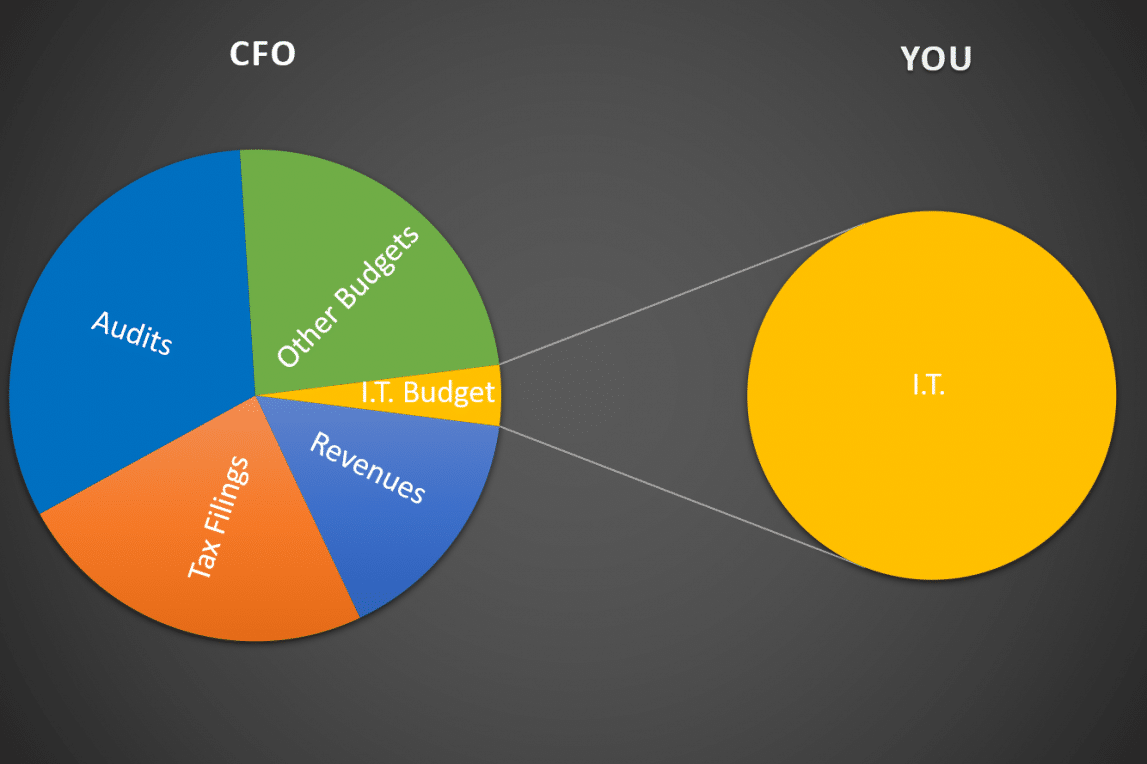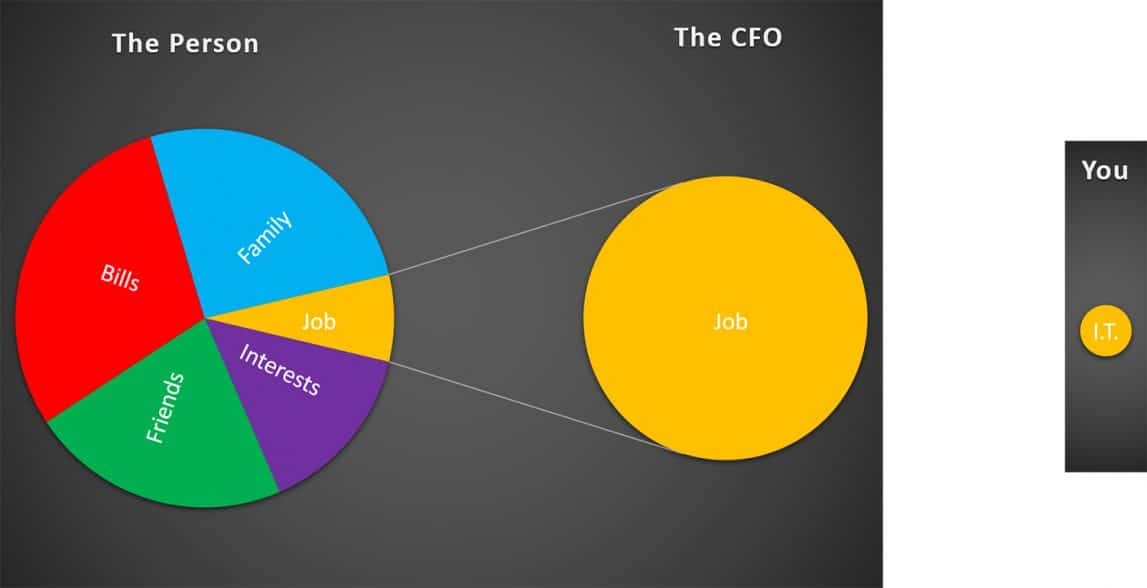
B2B Mentors: Sales Leader Jack Wilson on the Modern Sales Process
Sales is the lifeblood of any organization — without sales, businesses cannot grow. It’s as simple as that. But the way in which sales professionals connect and engage with their prospects has certainly evolved over the years, and will continue to do so as new technology, tools, tactics, and strategies emerge. To remain competitive and ensure a strong pattern of success, sales professionals must focus on advancing their skills through ongoing professional development. But how? Sales Expert Jack Wilson shared his insight, coaching, and formula for success for modern B2B sales professionals.
How have you seen B2B sales tactics and strategies evolve and what do you anticipate will come next?
JW: Over the past few years, the B2B sales world has experienced not only an explosion in automation, but a rapid evolution in the methods and mediums used to connect with potential customers. Sales professionals have scaled to unprecedented levels of activity by leveraging email, social media, and sales enablement tools. Unfortunately, a byproduct of that automation and increased sales activity is elevated noise in the marketplace and a marked decrease in response rates that are now lower than ever.
It’s important to realize and understand that regardless of the advancements in the sales process, technology, or tactics, the fundamentals will always hold true. Buyers want personalization and consultative sales professionals who will guide them. The only way to break through the noise today is to become increasingly personalized and tailored to your customers.
The leading trend that I see continuing in 2020 and beyond is the use of technology and tools to become more educated about our customers, both personally and professionally. Sales professionals are becoming industry experts in their customers’ fields and are no longer focusing solely on selling a product or service. They understand that selling outcomes is the only way to earn trust and, ultimately, their prospects’ business. Additionally, unique personalized outreach will reach an all-time high. From handwritten letters and custom videos, to establishing a unique individual brand on social media, sales professionals will continue to put the “human” back into sales.
When speaking to a new sales professional, what are some habits or professional development that you recommend they engage with to advance their skills and evolve into a sales leader?
JW: Sales is a skill; and like any skill, you must practice, achieve, and maintain mastery. My advice for new sales professionals is to:
- Develop a regular routine for practicing your sales skills.
- Get comfortable with dialers and call recording tools. Listening to a recorded call will enable you to take a step back from the situation, evaluate your approach, and identify areas for improvement. You also may use these recordings to share an effective approach with others on your team. Think of these recordings as learning tools.
- Test various methods of outreach — phone calls, face-to-face interactions, email, social media — to see what works best for you.
If you’re not sure what skills to practice or how to best execute them, don’t be afraid to crowdsource your education. Seek guidance within your team, among other sales professionals, or thought leaders in your profession or industry. There are countless incredible podcasts, audio books, blogs, and traditional books authored or presented by leading sales professionals across the world.
What role does social media play in the modern B2B sales process?
JW: Social media plays a role in B2B sales with or without rep participation. What do I mean by that? Just because you don’t use LinkedIn, for example, doesn’t mean your prospects and clients don’t. The first thing potential customers do before engaging with a company is their homework. In fact, the last step your prospects take is usually to connect with you directly. Because of this, it’s critical for sales reps to get a leg up and take an active role in building their social reputation.
The role of social media spans a broad spectrum, from simply having a presence to building a personal brand, all the way to proactively engaging with your customers. The most differentiated sales professionals are developing a strong personal brand. Identify your target audience and become a subject matter expert. Provide content geared toward delivering a ton of value to your audience and don’t ever advertise with your posts. If you worry that creating content takes a ton of time, then be a content curator. Consider subscribing to content curation services that enable you to monitor for industry news articles that matter the most to you. When you come across an article that you think would be valuable to your network, share it and add your expert take on it.
What are the main differences between speaking with a mid-level manager or director and speaking with a c-level executive during the sales process? What strategies would you need to adjust to meet the varying needs and expectations of your prospects?
JW: Regardless of professional level of your prospect, you must first understand the nuance behind their persona. I have a simple, yet perception-shifting exercise to help you empathize with any persona you plan to contact.
Step 1: Draw a large circle and in that circle write what you sell. I’ll use myself as an example. We sell IT services. My sole focus is on technology. For you, whatever you wrote in the center of that circle represents 100% of your priority when you prospect.
Step 2: Next, I want you to draw a bigger circle. Above it, write the persona you are targeting. This could be anyone, but for our example let’s say the chief financial officer (CFO) of a small or medium business (SMB). Slice that circle like a pie chart into the many different priorities the CFO has on his or her plate. For example, those priorities could include budgets, year-end financials, or many others. Include yourself in that pie and think deeply about what percentage you occupy.
Step 3: Now draw an even larger circle. Above it, write “The Person.” Slice this pie into the many priorities that your persona has in his or her life, including their job as the CFO.
Now that you understand who you’re reaching out to, you can tailor your approach.
What role does your company’s content play in the sales process?
Our company’s content supports our sales process. When a prospect engages with us, we want to make sure they understand our brand, our culture, and our expertise. Whether it’s through our documentary “Forming a Franchise” on YouTube or through our podcast “Business Tech,” we try to establish ourselves as an industry expert and a trusted advisor. Our business is unique in that we market to two distinct client profiles. On the one hand, we’re looking for qualified sales professionals with an entrepreneurial spirit who want a piece of the growing managed IT service provider (MSP) industry to become franchisees. On the other hand, we need to demonstrate our IT expertise and capabilities to our end-customers.

About the Author:
Jack Wilson is a purpose-driven sales leader who helped take Cinch I.T. from a little known local I.T. Company to an Inc. 5000 national franchise in less than two years, all while maintaining a positive work-life relationship and avoiding burnout. Wilson has spent over a decade accumulating experience as a top 1% sales performer with experience across the B2B world. From payroll, to banking, even as an entrepreneur he has established the time-tested methodology of minimum viable habits. You can hear him featured on Sales Success Stories, Daily Sales Tips, The Why and the Buy Podcast, and more. Most recently, Jack was featured on the Sales Hacker Sales Success Summit and he was voted the best overall keynote at the Sales Success Summit in 2019.





